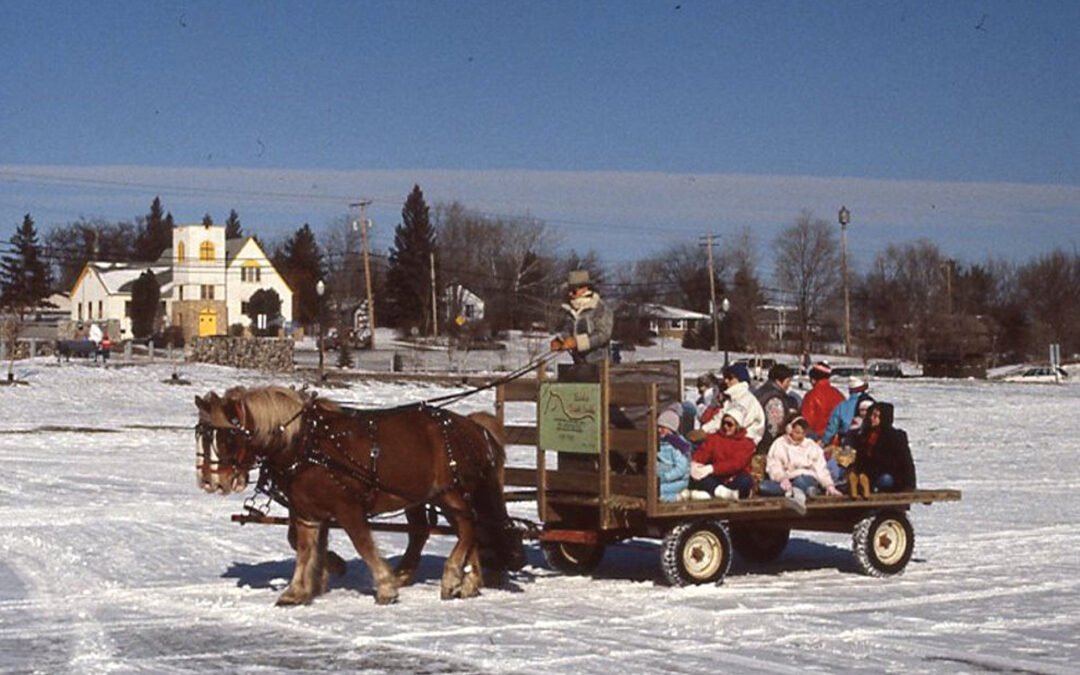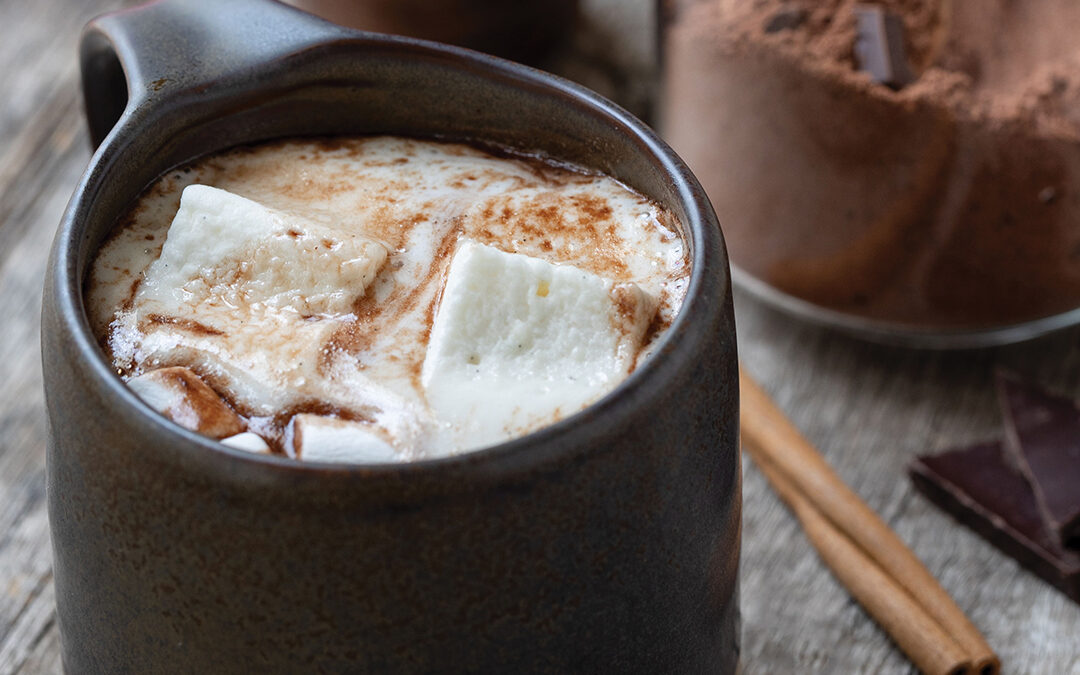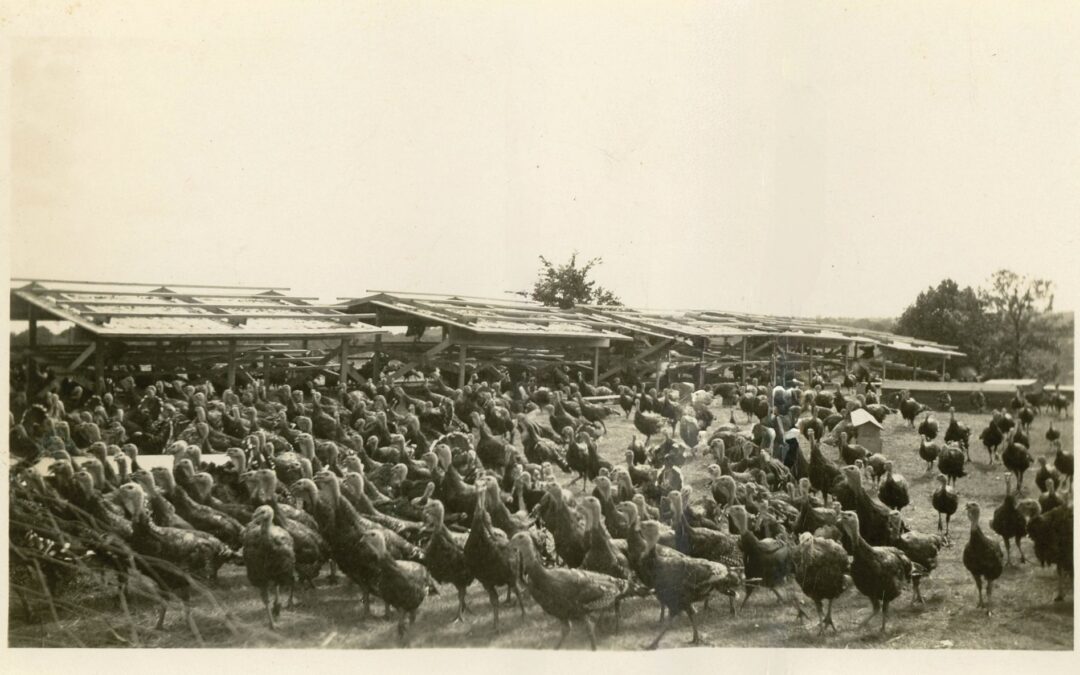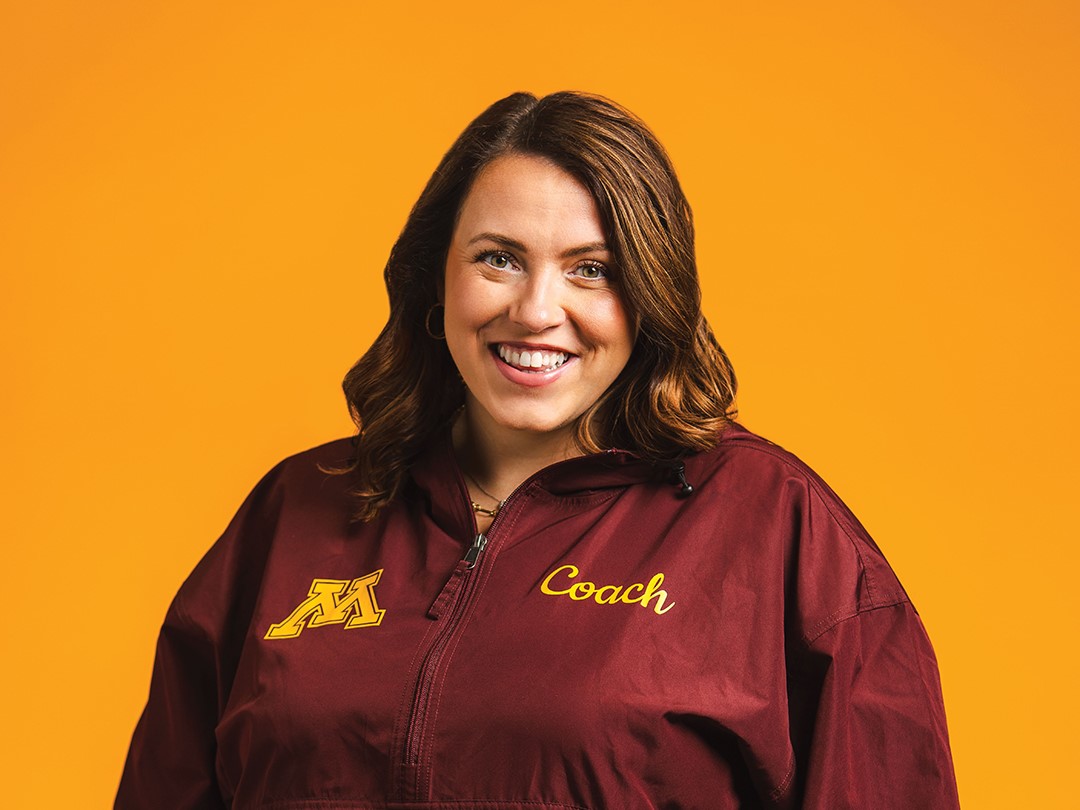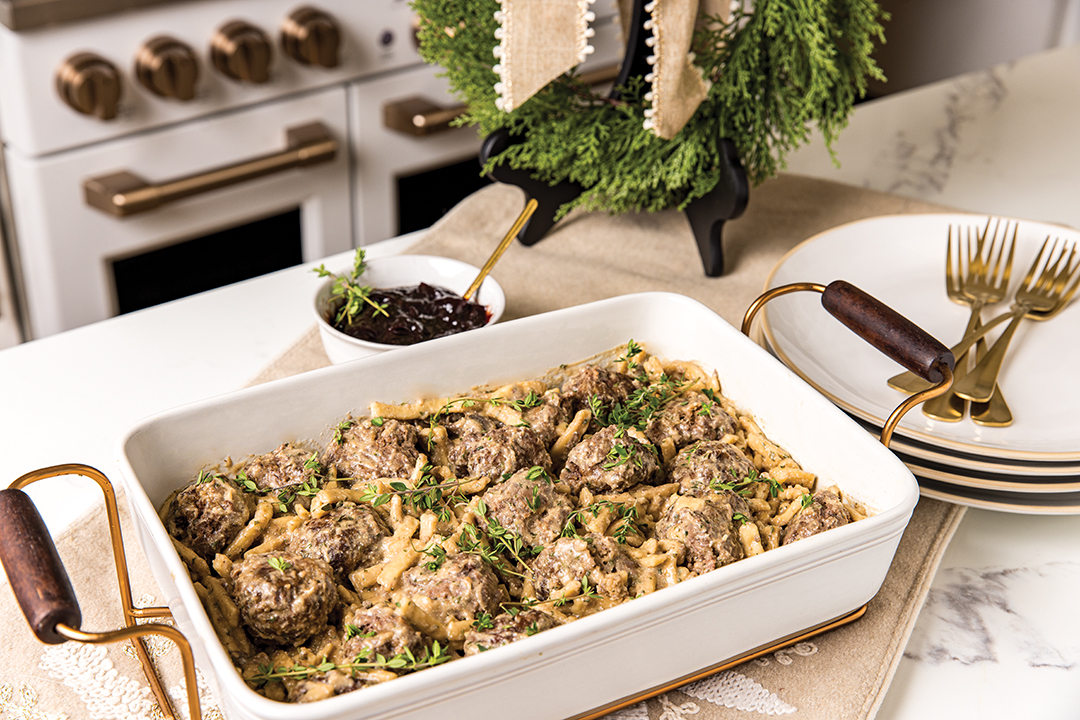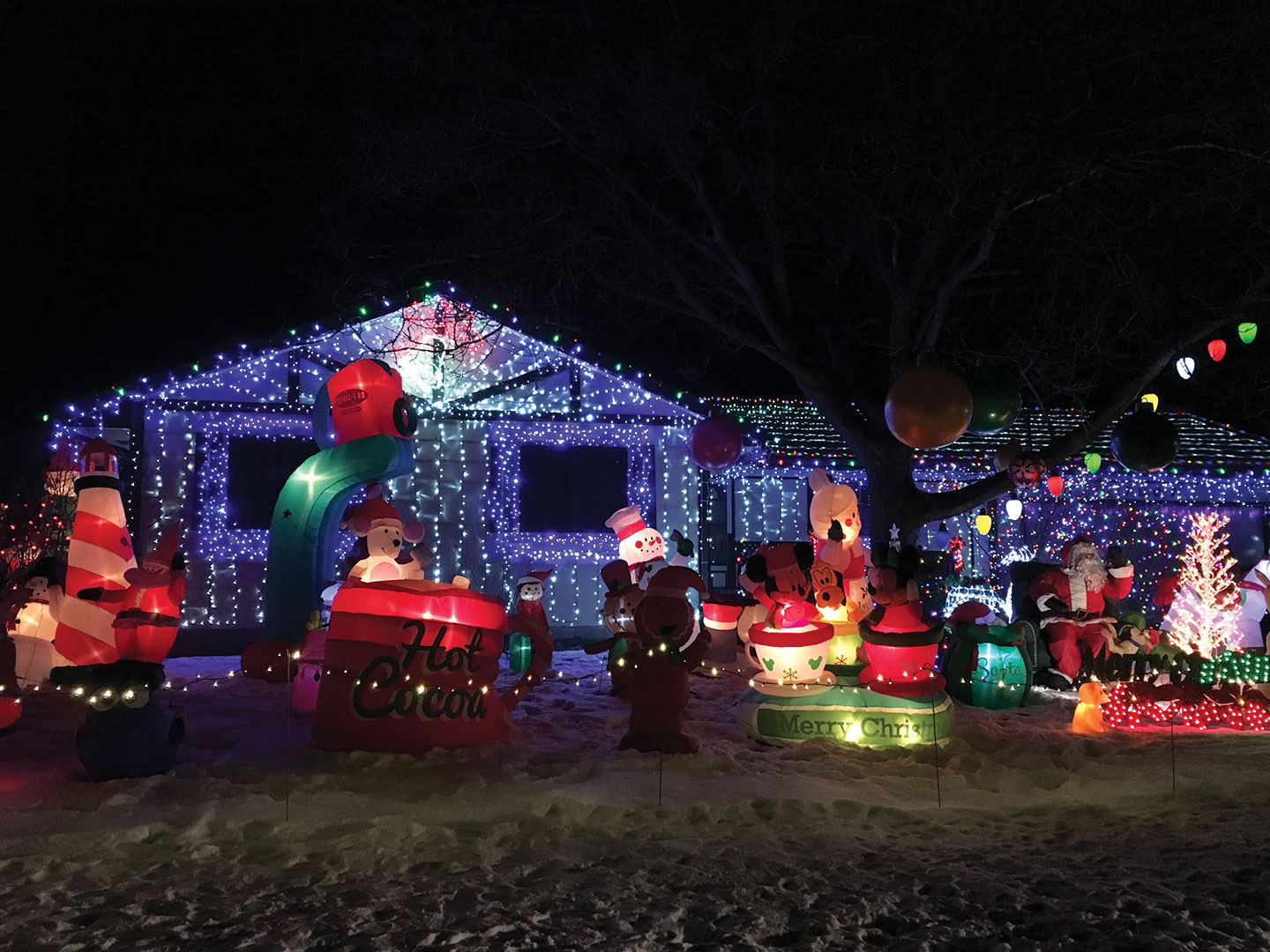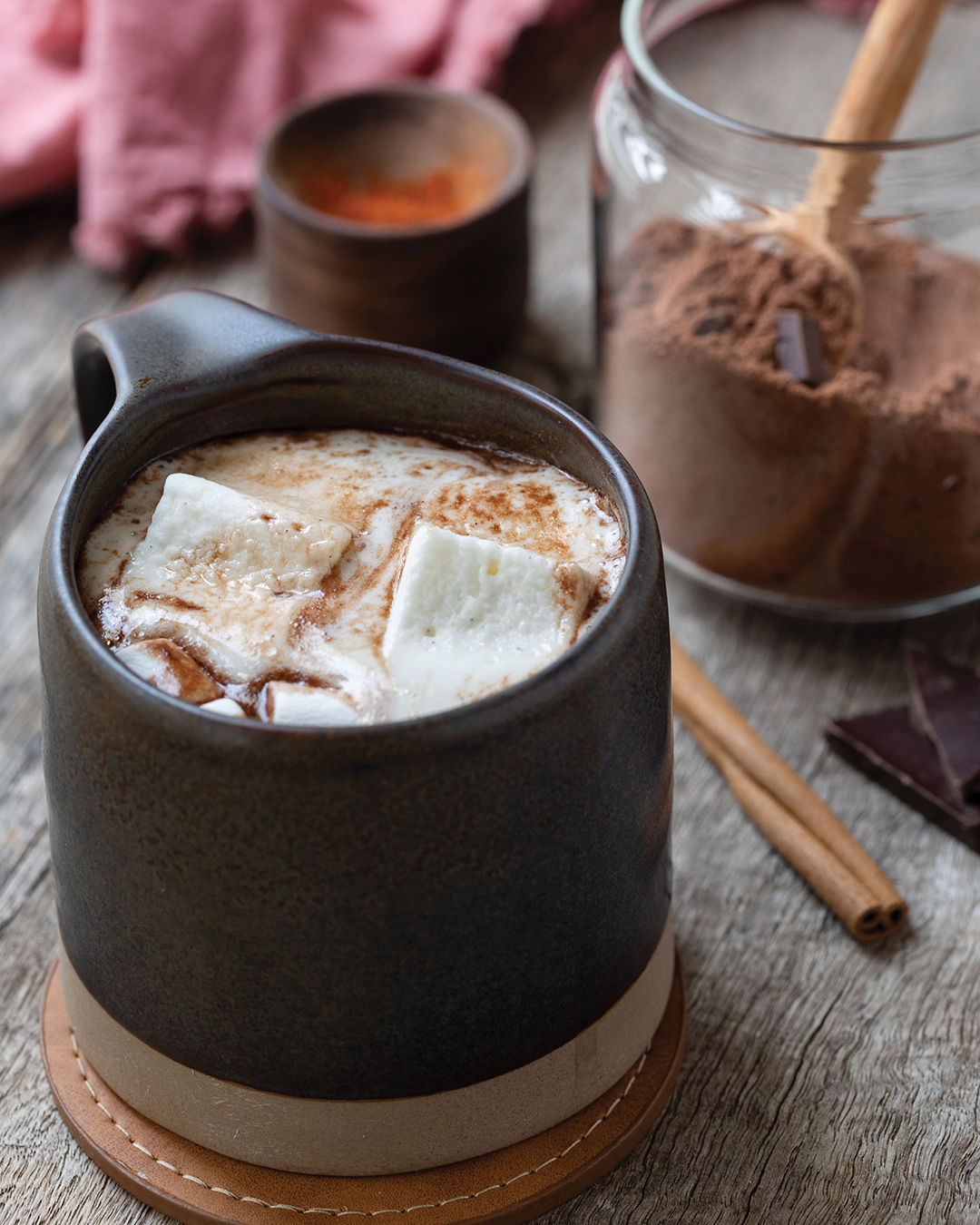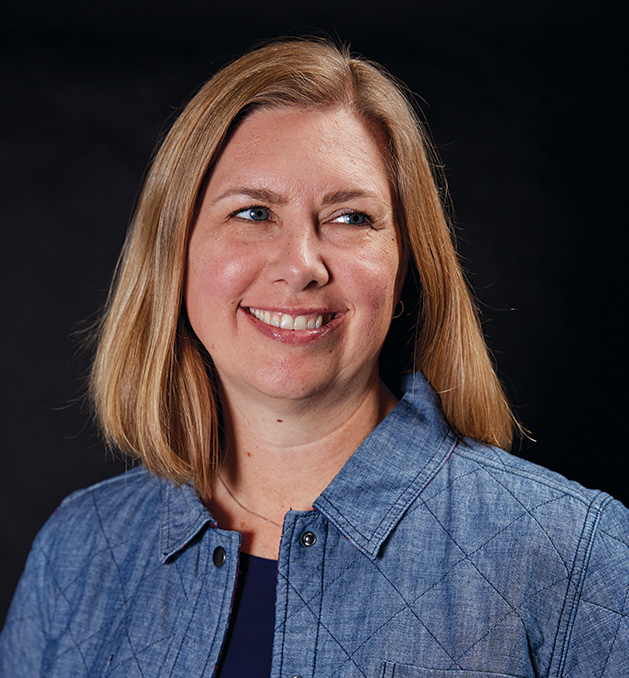
Photo: Tate Carlson
For Amy Noble, a registered nurse, being a hospice volunteer is a calling.
Ever since she was a teen, Noble has devoted her free time to helping those at the end of their lives.
“I started [volunteering] because my mom worked at the pharmacy in Robbinsdale and she had a colleague who was diagnosed with cancer,” Noble says. “I was working at the hospital and I was so sad, I went to visit him. He was on a hospice floor. I was 17 years old and my grandparents were still alive. I hadn’t experienced death before. When he died, I went back to … the hospice floor. I said, ‘Something is bringing me back here.’”
That something was the caring of the hospice volunteers.
“I just watched the magic and tender care that they gave him,” says Noble.
Noble has volunteered in several hospice programs in the Twin Cities, most recently with Allina Health Hospice and Palliative Care. On the days Noble volunteers, after completing her day’s work as a nurse, she puts on her volunteer ID and spends time with hospice patients before heading home for the evening.
Allina’s hospice volunteers are required to undergo 40 hours of training, most of which is done through self-paced online modules.
“They help guide you toward all the situations you’d encounter as a volunteer,” says Noble. “[Things like] how do you talk to a patient when they bring up something that is difficult?”
Volunteers may spend their time in patients’ homes, skilled nursing facilities or certified Medicare hospice houses, home-like residences where terminally ill people receive short-term hospice care. For those who prefer to volunteer behind-the-scenes, there are also office tasks like mailings. Volunteers are not allowed to dispense medication, provide care or turn patients. They are there to help people and their families navigate their final days.
“Our volunteer coordinators call the patients to assess what the needs are, and they can be a variety of things,” says Noble. “I may go and sit with a patient to provide presence while a family member runs errands. One time I helped with yard work outside. I’ve also gone and walked people’s dogs. I’ve read a newspaper to one of my patients.”
One of Noble’s fondest memories is of time spent with someone experiencing dementia. “One of my favorite patients was someone I played cribbage with. He always recognized me by face. When he saw me, he’d get his cribbage out. It was one of the things he could do that he really loved,” she says.
Noble tries to spread the word about the program, but the most common comment she receives is, “It must be so hard to do what you do.” She insists that isn’t the case.
“The irony is that all our patients are living—truly living because they know they are dying. It reminds me every day how grateful I am for today,” she says.
“They tell us their stories, their joys. They say, ‘I’m so glad I did A, B and C.’ It’s amazing to hear their stories, and you live your life differently because of that.”
“I would encourage [people] to reach out and call [to find out more about volunteering],” says Noble. “You only know [if it’s something you want to do] by talking with somebody. Ask to talk to another hospice volunteer. It’s really an honor no matter what your role is in hospice. Hospice patients allowing you to be a part of their journey at the end is a gift.”
For more information, contact volunteer coordinator Kate Norten at 612.262.8208 or email kate.norten@allina.com.

